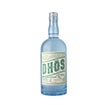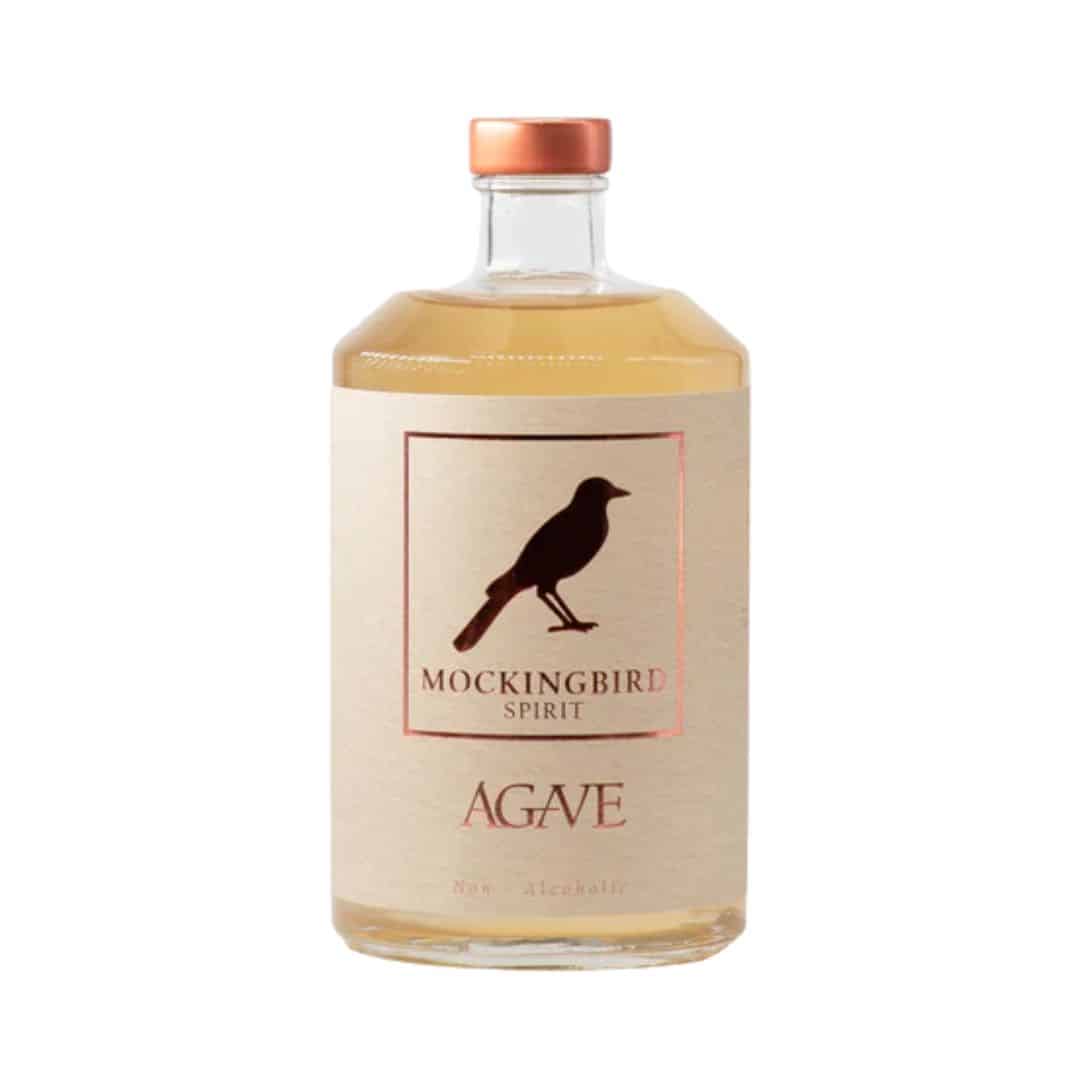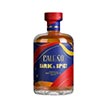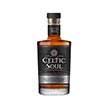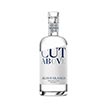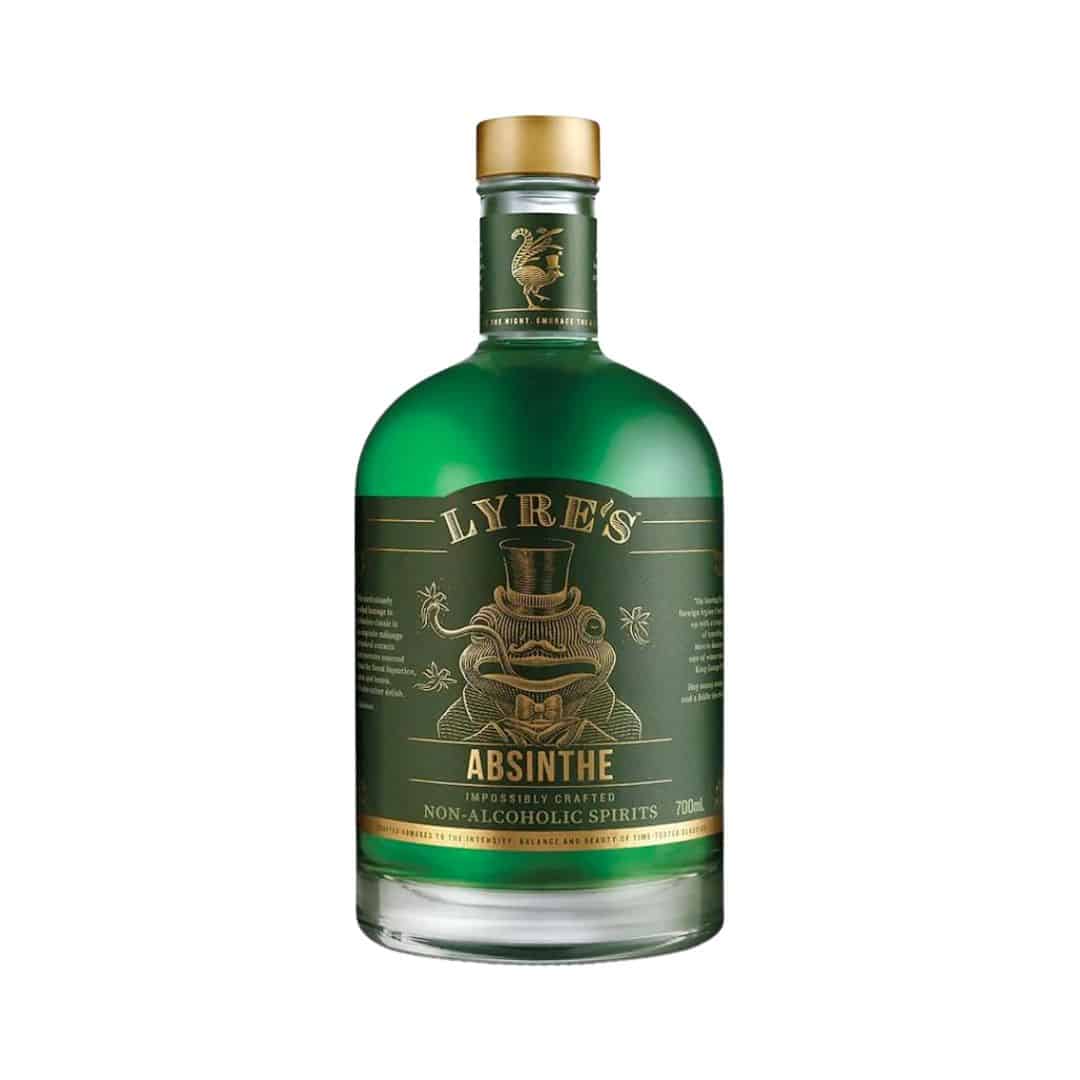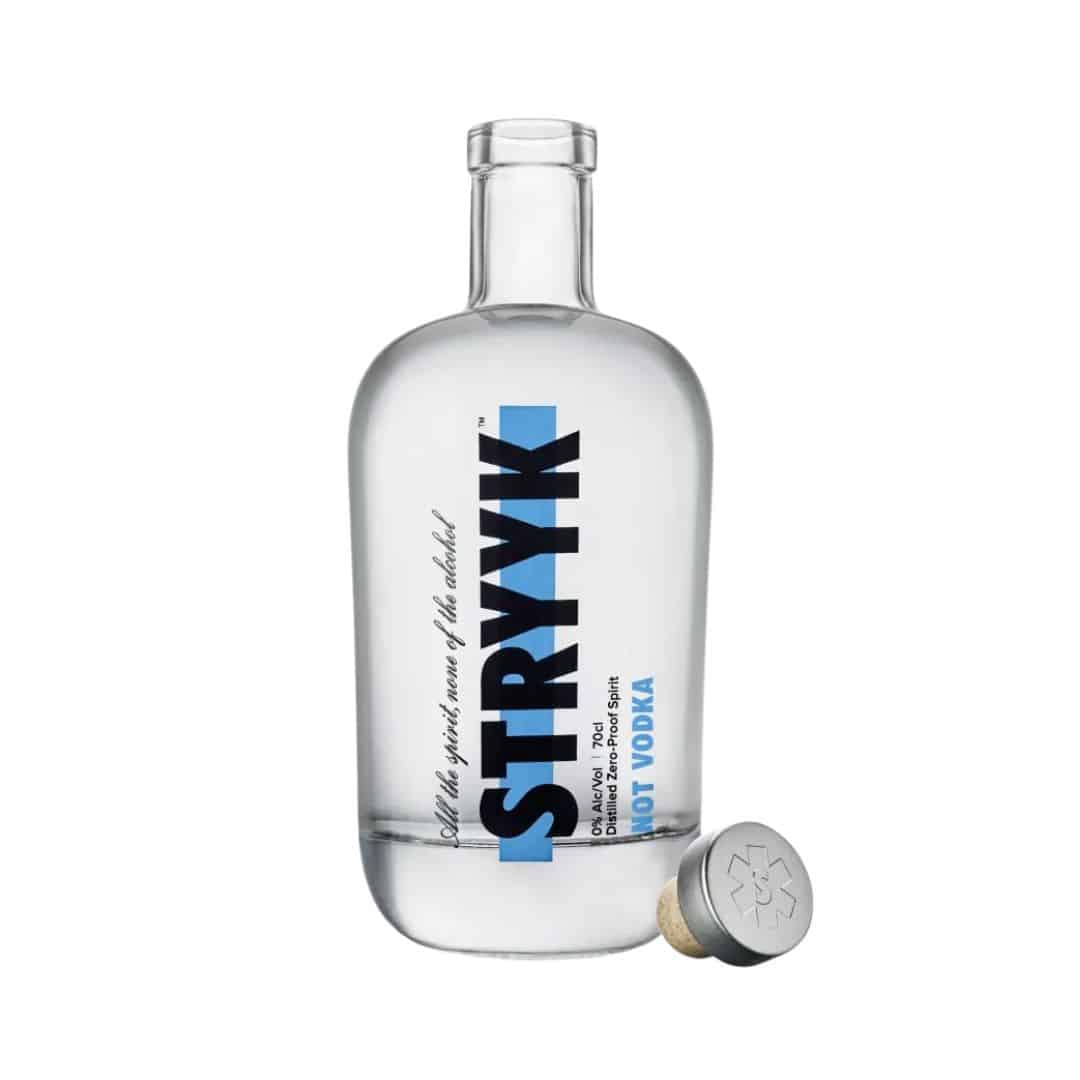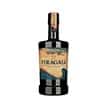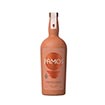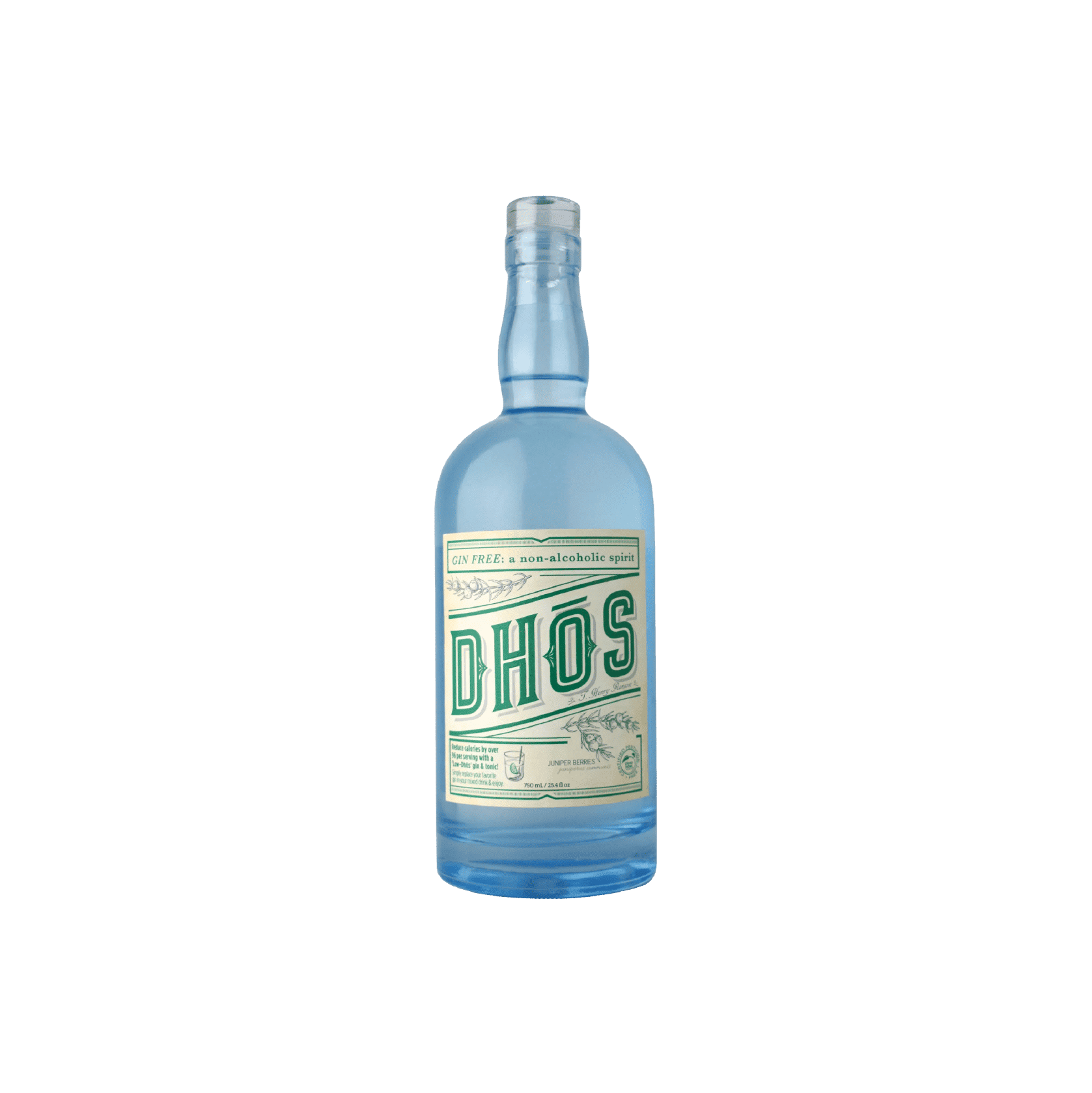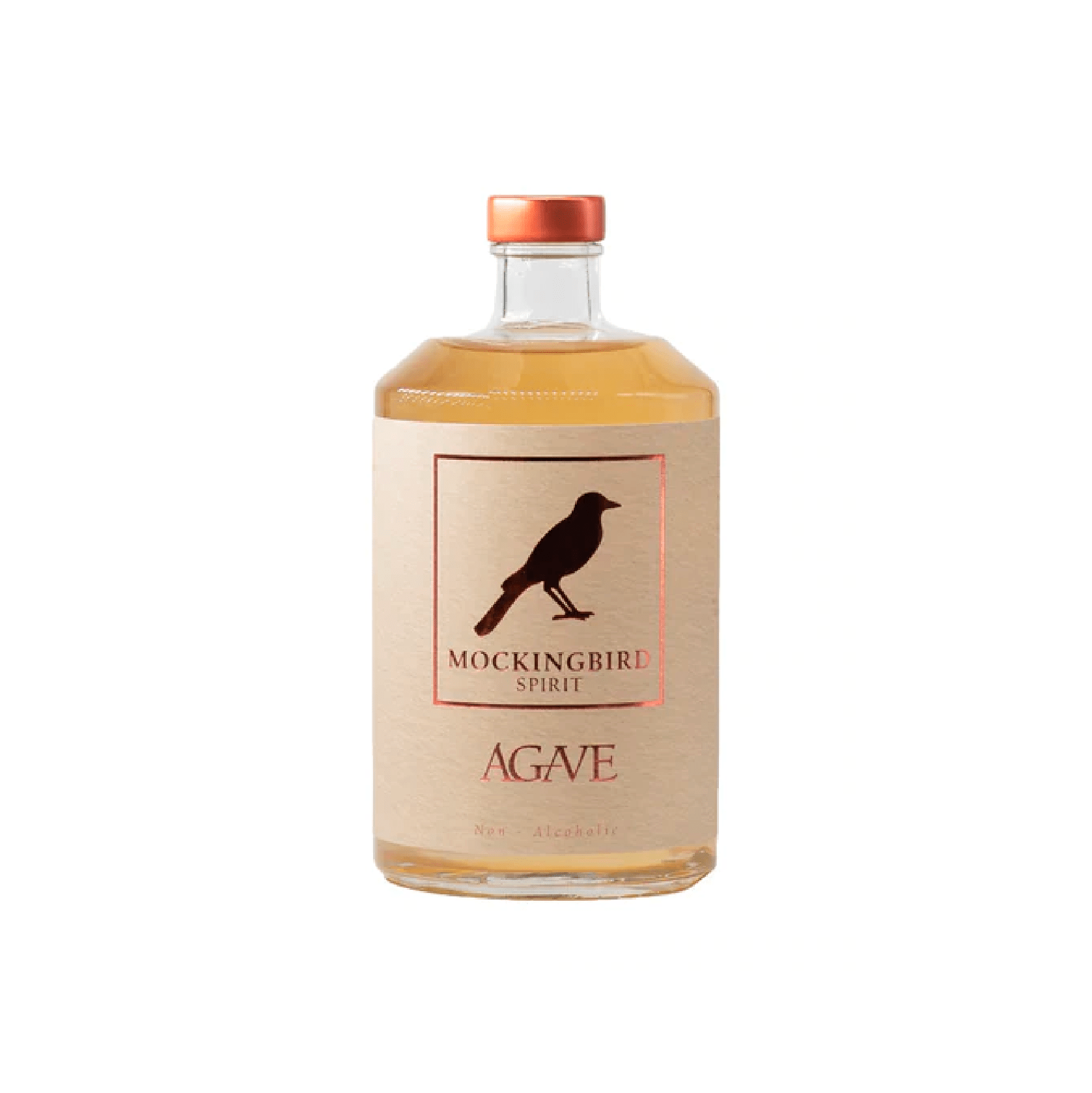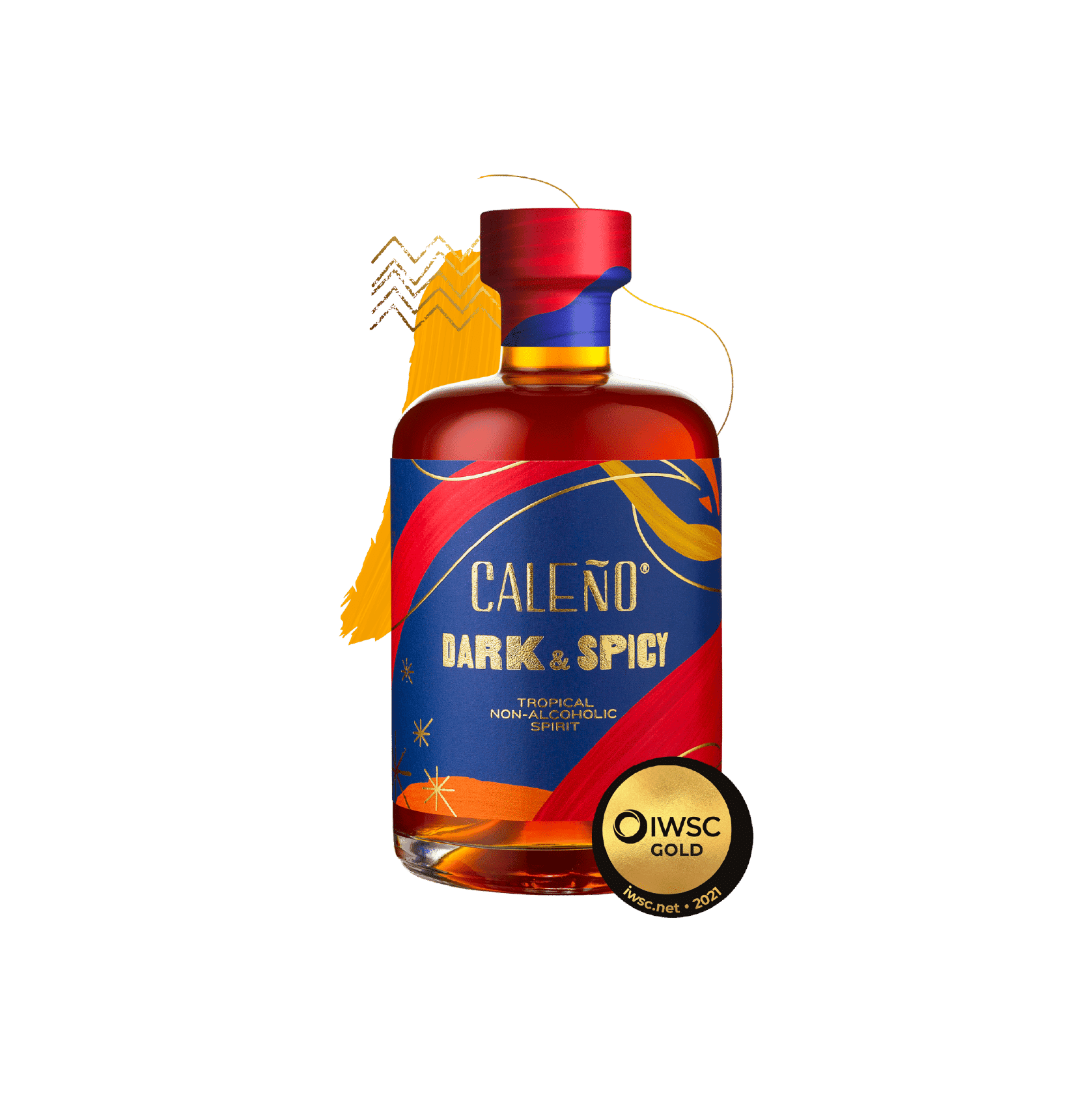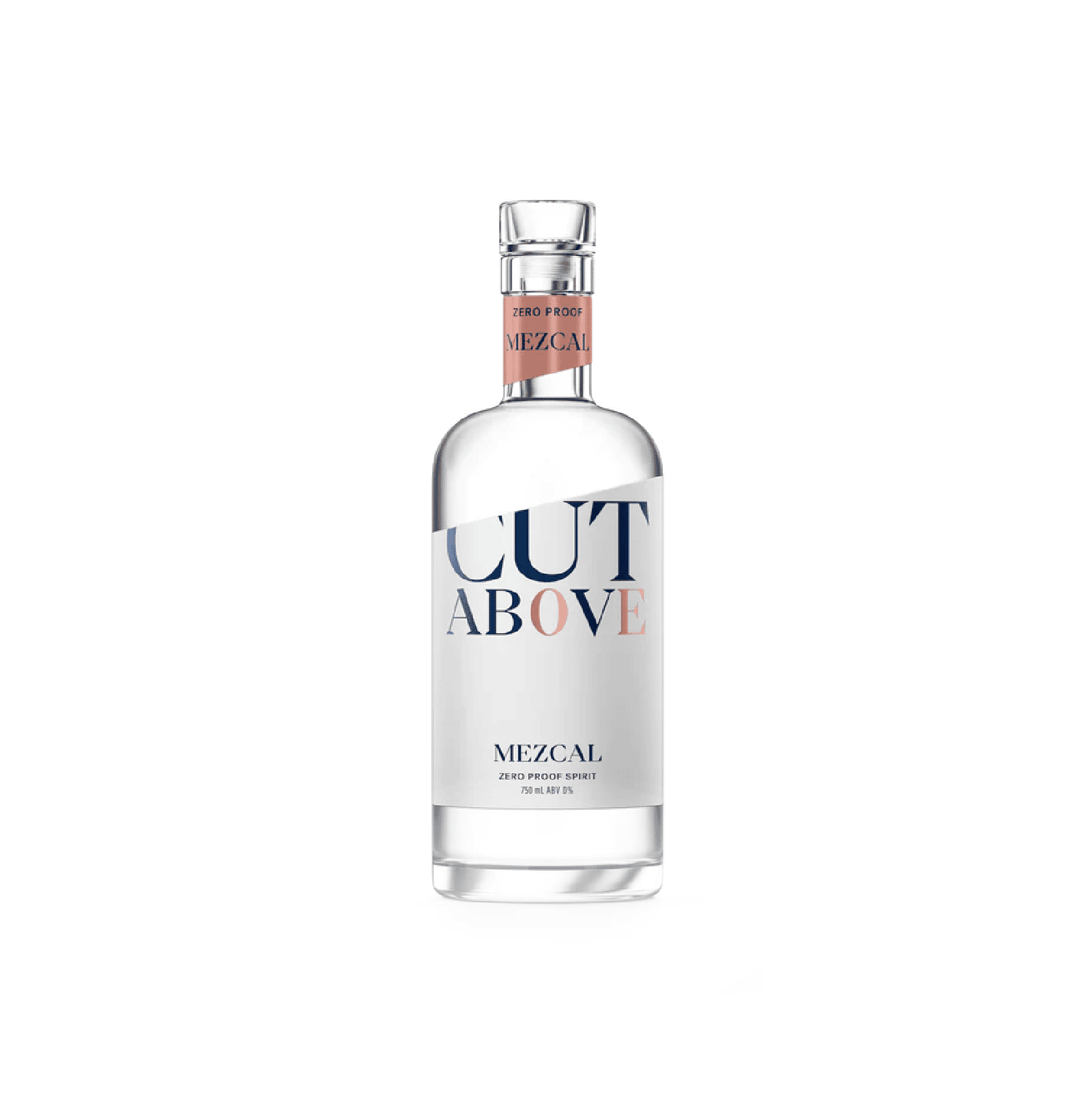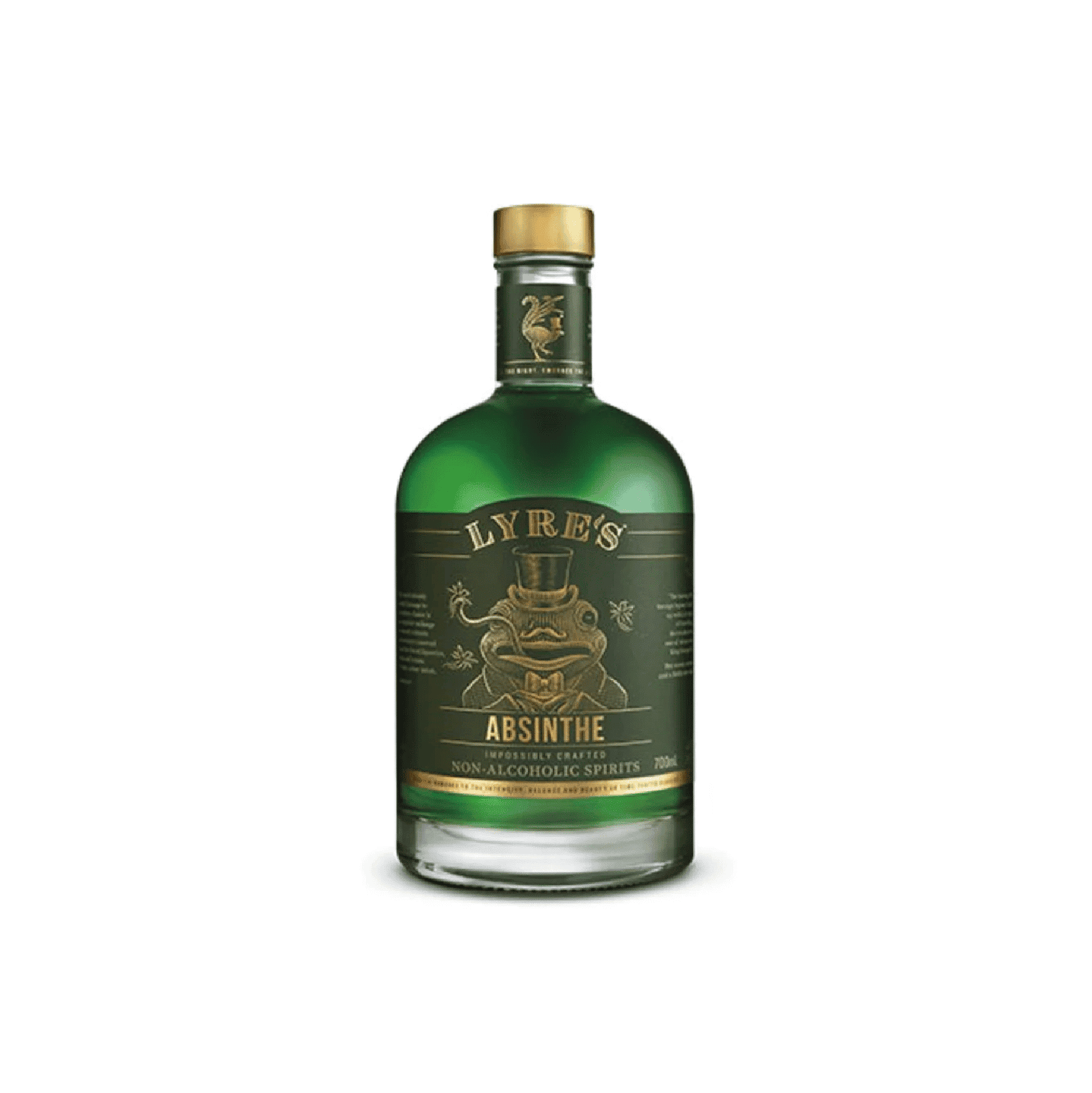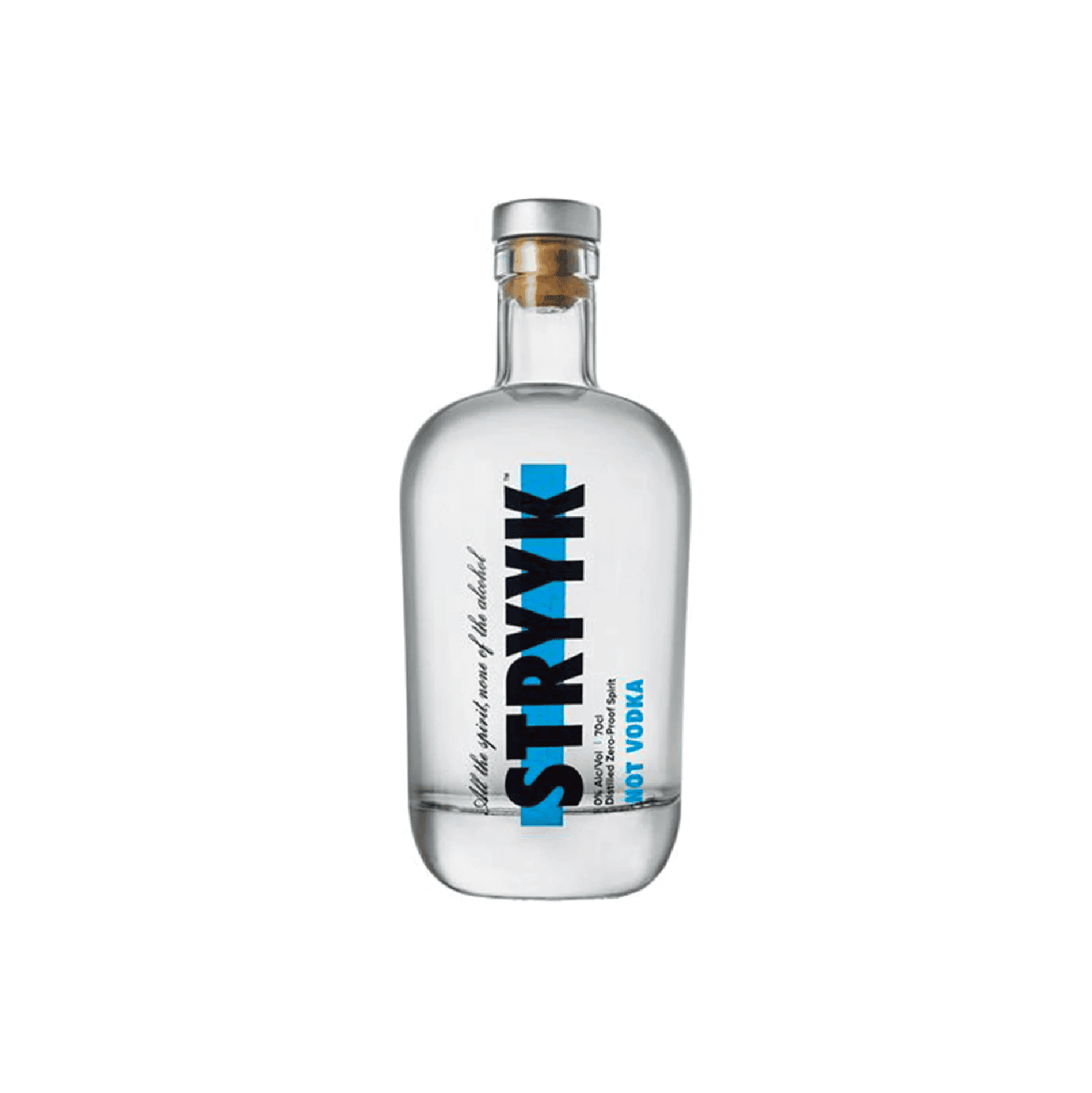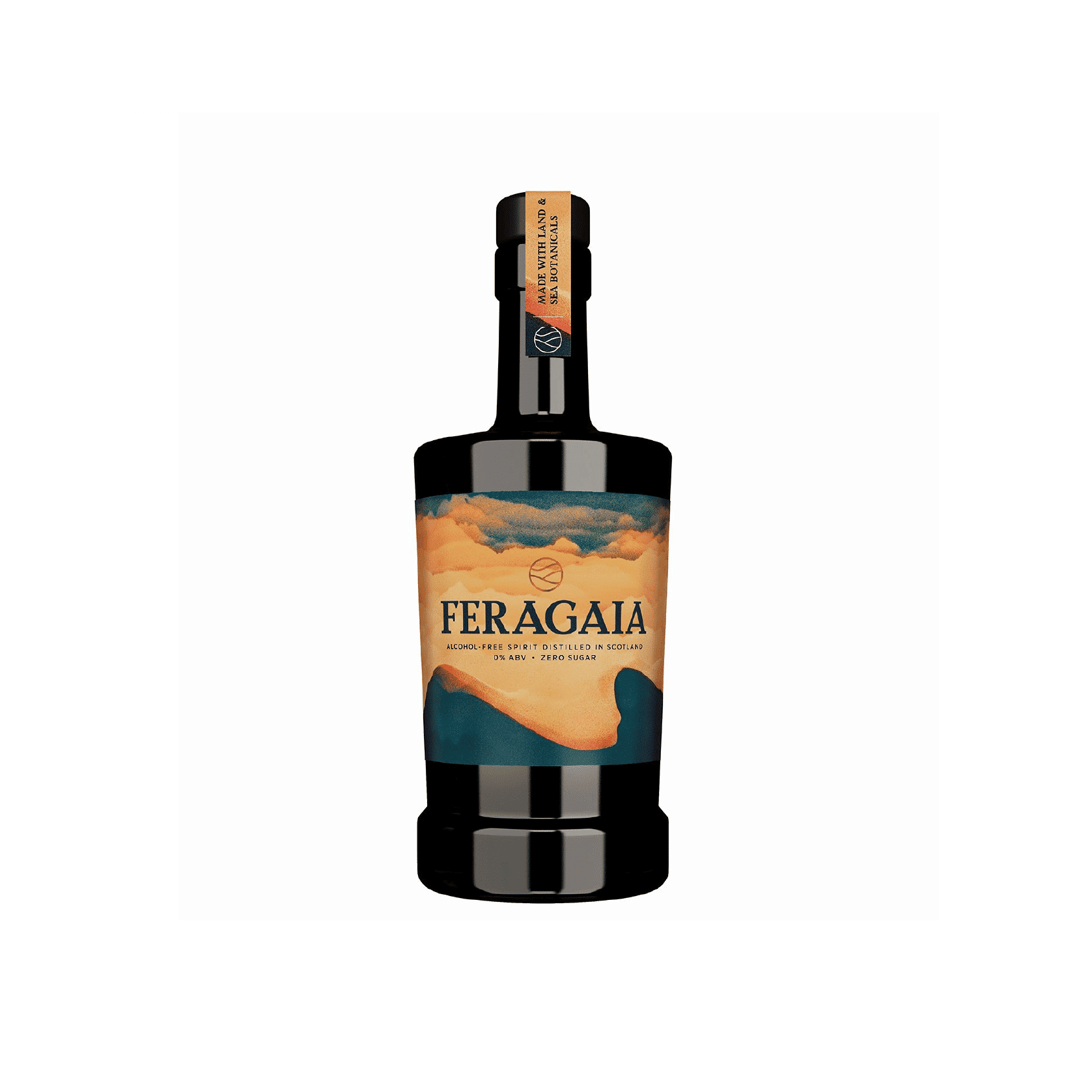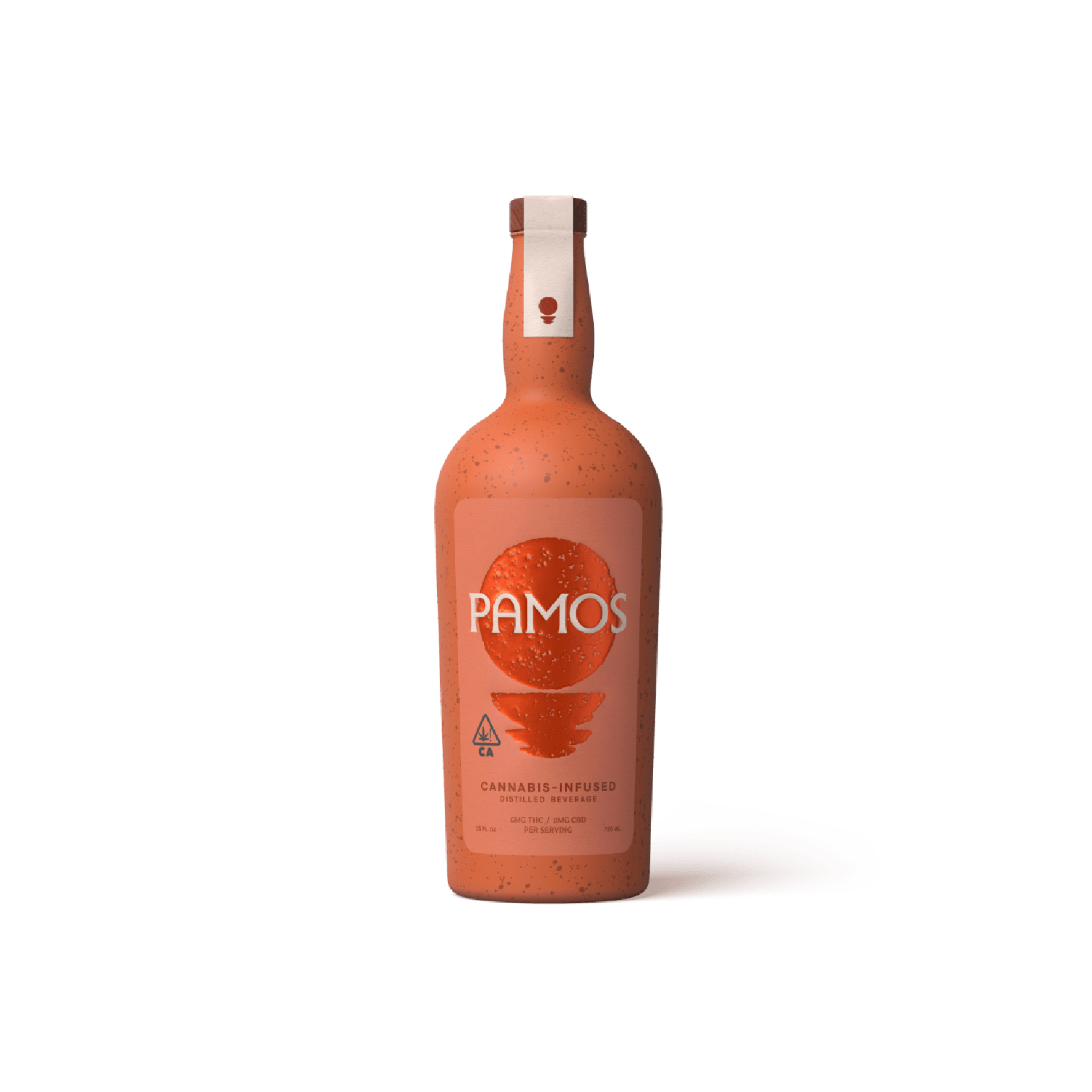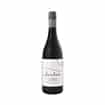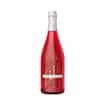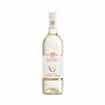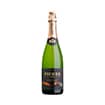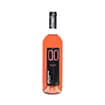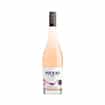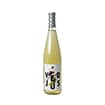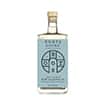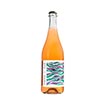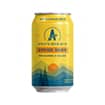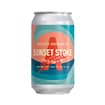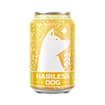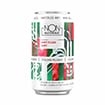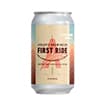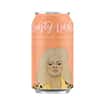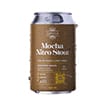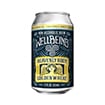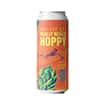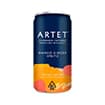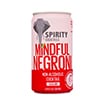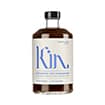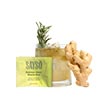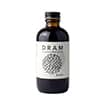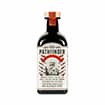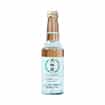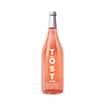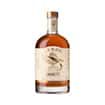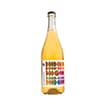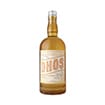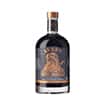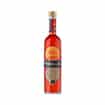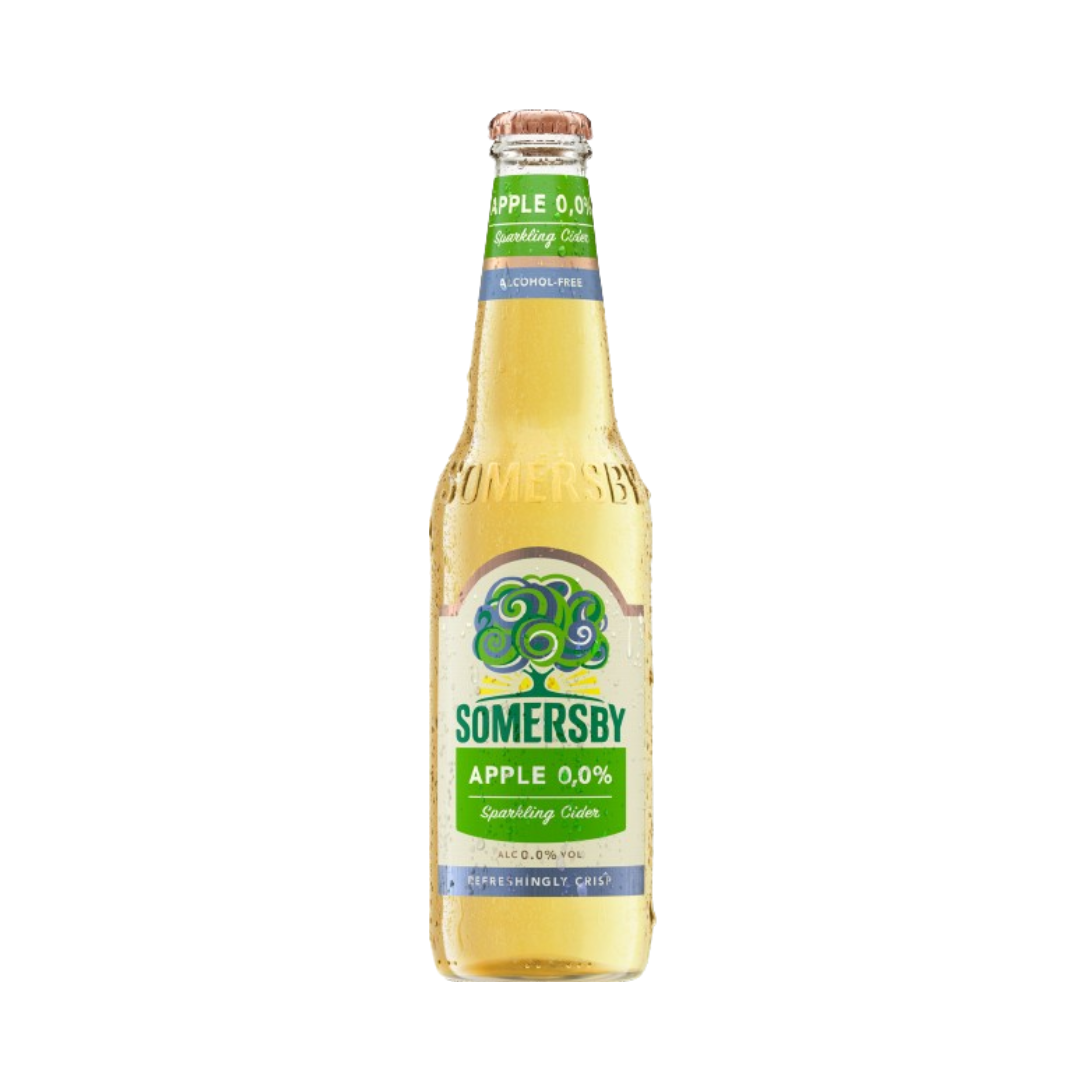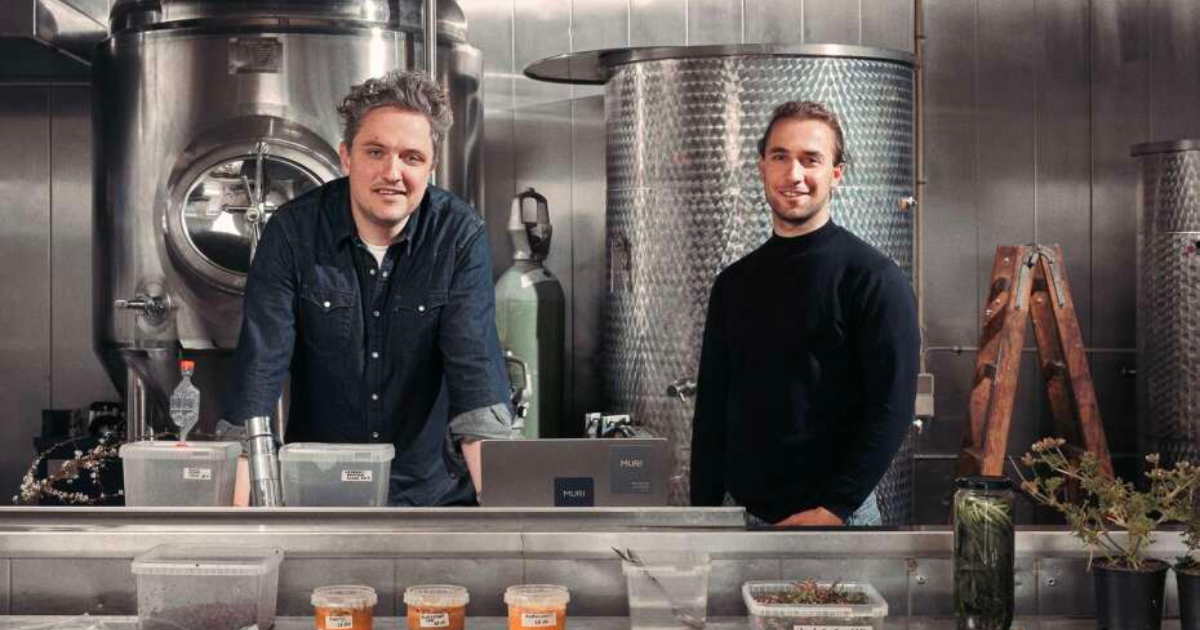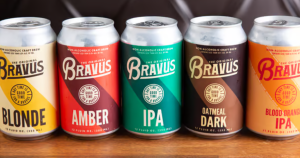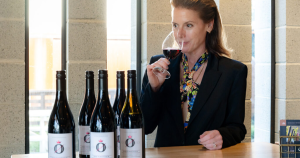For this week’s issue of High Spirits, Muri founder Murray Paterson discusses his YOLO moment of quitting finance to pursue beverage innovation, plus why he hopes his brand WON’T be part of the non-alc industry in 10 years.
DA: Before beverage, you worked in finance. Tell us a bit about your pivot to beverage innovation.
MP: I couldn’t look at myself in the mirror when I was doing political analysis for J.P. Morgan, I hated it that much. I’ve always been in love with food and drink, so on one particularly bleak day in the office, I just thought “screw it” and quit. I dribbled around in the cider industry for a while doing odd jobs from apple picking to importing, fell in love with fermentation, and shortly after left for Copenhagen to start a job as a distiller. I chose Copenhagen because I’d read about all the mad stuff going on there at a company called Empirical Spirits.
DA: Copenhagen is home to some of the most innovative restaurants in the world. What’s your perspective on the city’s food scene, and how did that inspire what you’re doing at Muri?
MP: The restaurant scene in Copenhagen is world class, and it’s been dominated by the legacy of the restaurant Noma. Noma made fermentation a core part of their recipe development—even going as far as to start an R&D laboratory devoted to it—and this has led to the city at large becoming a melting pot for fermentation knowledge.
One of Noma’s chefs left to start a distillery called Empirical Spirits, and they employ the same MO of layering different types of fermentation to build complexity. When I was a distiller there, we used three or four different types of fermentation in any one spirit. I was really struck by how this can create depth and nuance in drink profiles. It then occurred to me that we could employ this approach in the non-alc space to remedy the fact that a lot of drinks in the category lack complexity and depth. By taking obscure ingredients and fermenting them in different ways, we’re really just drawing on the recent culinary heritage of the city.
DA: Muri is unique in that you’re not positioning it as a non-alcoholic beverage, but rather as part of a novel category. Since you’re not comparing Muri to wine, how would you describe what kind of beverage it is?
MP: Our drinks are best described as fermented blends. We used to call ourselves wine alternatives, but the term just sounds so sad and didn’t do justice to the amount of craft and innovation we were putting into each bottle. We don’t want to be known as a substitute, proxy, or mimic. Our drinks stand on their own.
DA: Tell us a bit about formulation. Where do you get inspiration for flavor profiles and how do you decide upon your production approach?
MP: Our inspiration comes from drinks we like to drink ourselves. We have been drinking a lot of sake recently together, so our next release is going to be a rice wine (out in October). Our previous release was a mashup of sherry and orange wine styles as this was what we’d been into drinking ourselves. We’ve used cocktail techniques such as fat washing, techniques from the restaurant kitchen, as well as processes and ingredients from beer brewing. One of the best things about the non-alc space is that we can try whatever we feel like—there are no rules.
DA: What’s the strangest ingredient you’ve attempted to incorporate into a Muri beverage?
MP: We added wild rose butter to a special release last year. It took about three days to clean the brewery afterwards, so we’re not doing that again. We’re currently messing around with some insects—the use of ants for acidity is something that a certain Copenhagen restaurant is well known for.
DA: What’s your favorite Muri beverage, and what do you typically pair it with?
MP: My favorite is our OG, Passing Clouds, named after a bonkers nightclub I used to go to in East London. It has such an uplifting quality, with heady floral vibes from the geranium and quince. The blend has a little jasmine tea in it, which allows it to pair beautifully with zingy Asian dishes. I like to drink it with a spicy, crunchy Thai salad. Yum.
DA: What do you think is next for the alcohol alternatives industry? Where will the industry be in 10 years?
MP: To be honest, I hope Muri isn’t part of the non-alcoholic industry in 10 years’ time.
I see the normalization of people having delicious choices that allow them to go out and have a glass of wine, then a glass of Muri, a sake, then something else that’s delicious with zero ABV—non-binary choices that just make the whole non-alc definition partially redundant. Essentially, I’m hoping for a situation where drinks will be categorized by deliciousness, not their alcohol content. I realize this is possibly wishful thinking, but there are increasing signs it could become a reality. For example, we see more restaurants catering to people who want to mix things up with really progressive pairing menus. Wines, teas, infusions, cocktails, alcs, and non-alcs are all interchangeable.
DA: Any plans for the future of Muri you’re able to share?
MP: We are about to release a rice wine collab with a chef who has 10 Michelin stars. It’s going to be epic.
For more from Victoria, connect with her on Instagram.
Dry Atlas is a media company focused on alcohol alternatives. We deliver non-alcoholic beverage news, insights, and recs to over five million people annually. To stay up to date on all things non-alc, subscribe to our weekly newsletter.

